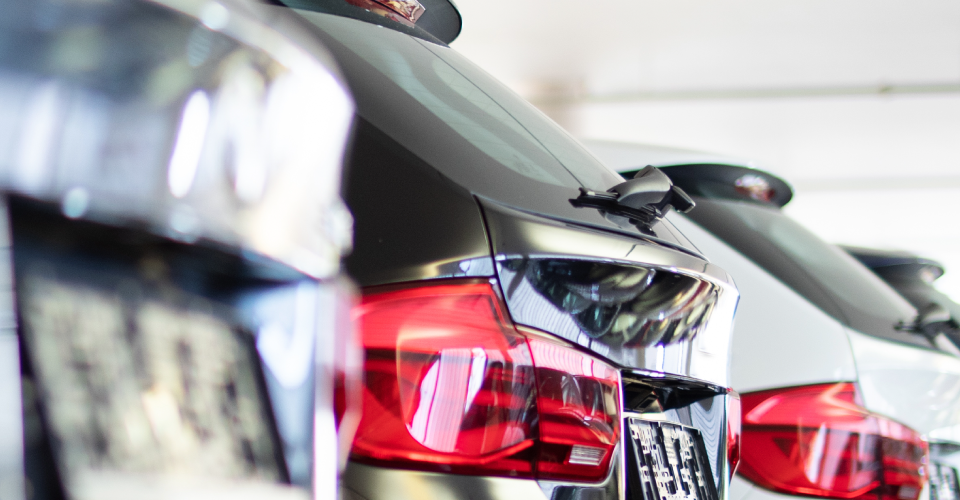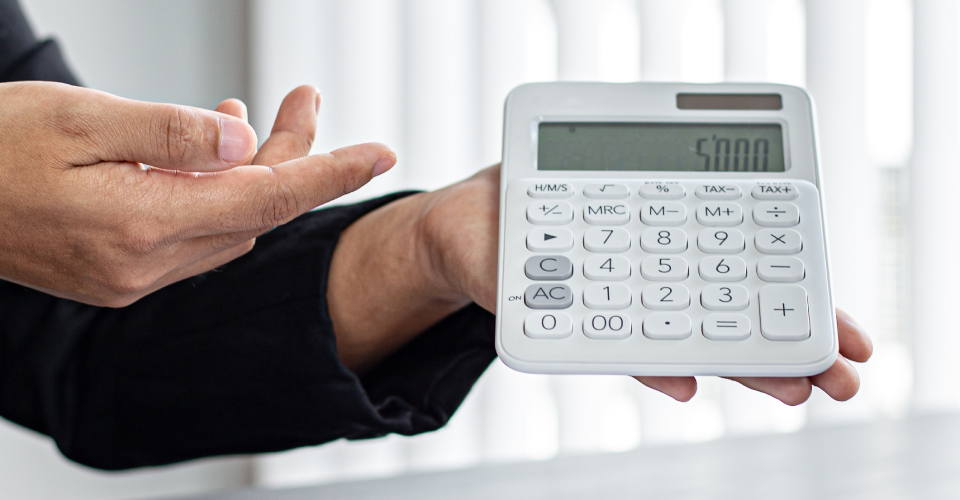
Short-term VS Long-term Fixed Deposits – Which One is Right for You?
We’ve written before that fixed deposits, or FDs, are a low-risk, high-reward way to build wealth. But… what type of fixed deposit is right for you? Short-term? Long-term? Honestly, there’s no one-size-fits-all answer. Instead, we’re going to lead you through a series of questions to help you decide.
Returns
What sort of returns do you want? Let’s consider the difference between long- and short-term FDs. Long-term FDs have higher interest rates. However – like the name suggests – you can’t access your money for a significant period of time. You can get a short-term FD for as little as one year. Short-term FDs typically earn lower interest; however, you can access your money more quickly.
Let’s use the Fidelity Finance calculator to compare investing $20,000 for one year versus five years. If you invest for one year, you’ll earn 1.95% interest. However, if you invest for five years, you’ll earn 2.55% interest annually. Clearly, you get better rates the longer you save.
Liquidity
You don’t decide on a long- or short-term fixed deposit in isolation. Instead, you need to consider your financial situation. In finance, liquidity refers to the ability of an asset or financial instrument to be quickly bought or sold without affecting the asset’s price. Cash is obviously the most liquid asset. Do you have cash reserves or emergency savings that mean that you can afford to deposit some money for a significant period of time?
If you do, a long-term FD may be the best bet as you’ll earn a lot more. However, if you’re not very liquid – or if you’ll need cash soon, for example, for a car or mortgage down payment – then a short-term FD can help you earn more without tying up your money for years.
Goals
Why are you saving money in the first place? If you’re saving for a long-term goal – such as retirement or young children’s university education – a long-term FD will help you maximise your investment. However, if you’re saving for short-term goals – like your wedding or home repairs – a short-term FD will do the trick. If you’re saving for both, you can always split your money between two or more FDs.
Renewal
Are you sure you won’t need the money soon? Remember, there are penalties for breaking a long-term FD. When in doubt, you’re better off choosing a short-term FD to maximise your profit. You can always renew your FD if it turns out you don’t need the cash.
What’s next?
We hope these questions have helped. But remember, you don’t have to make hard financial decisions alone. If you’re in a serious relationship, talk to your partner and decide as a team. And if you’re not, talk to people you trust. Remember, you can always reach out to a financial advisor for an expert opinion. The most important question is: do you want to build the best possible financial future? If the answer is yes, let’s get started today.



